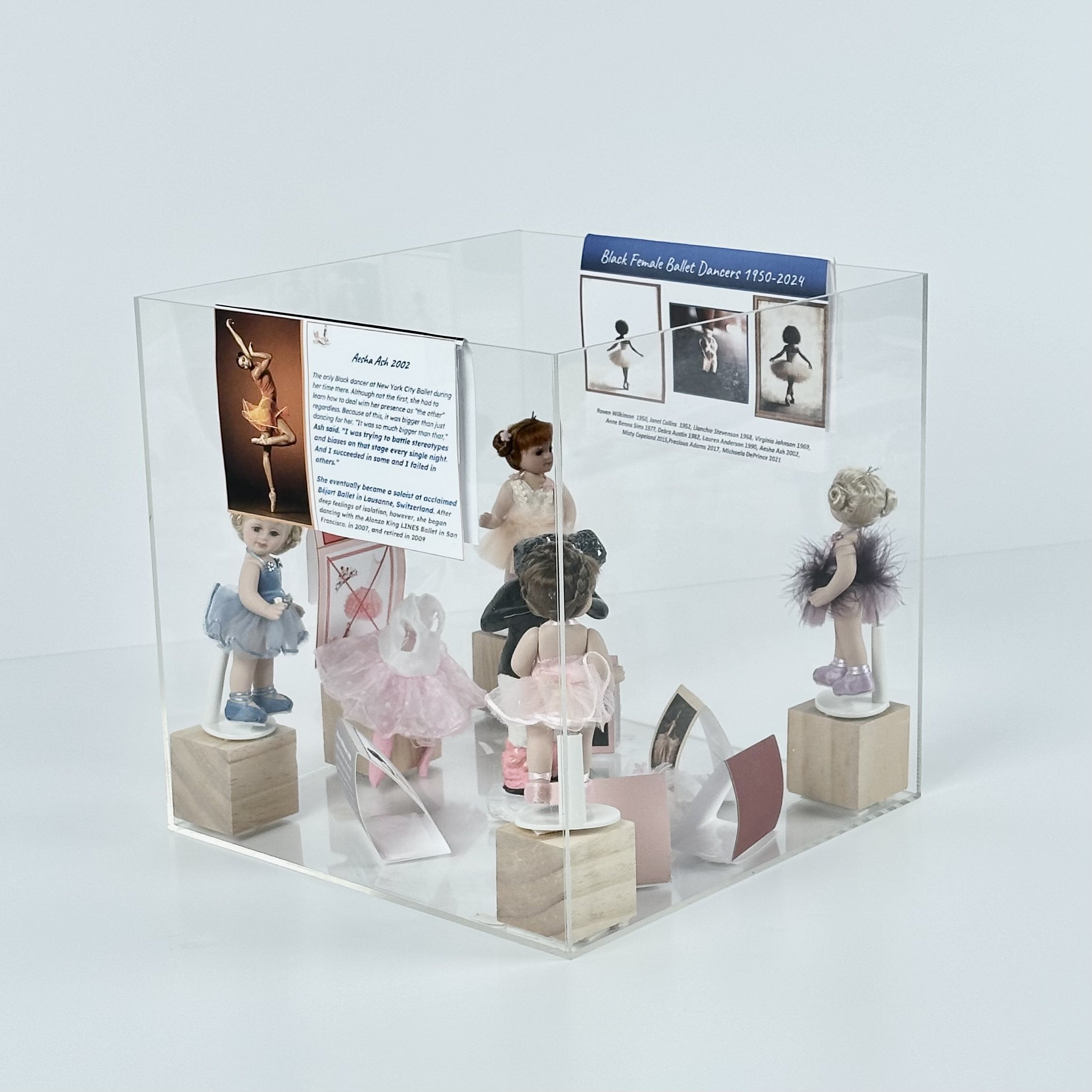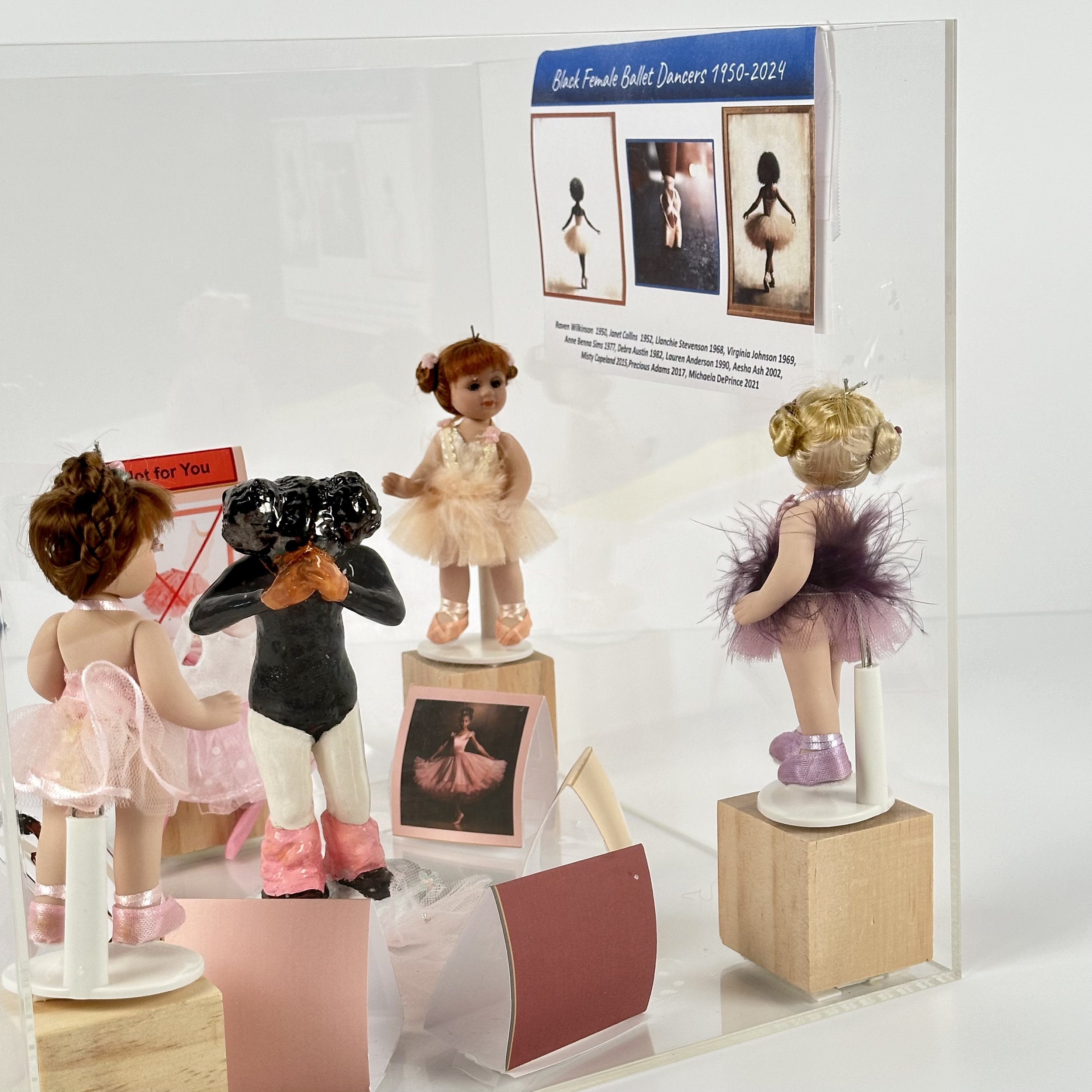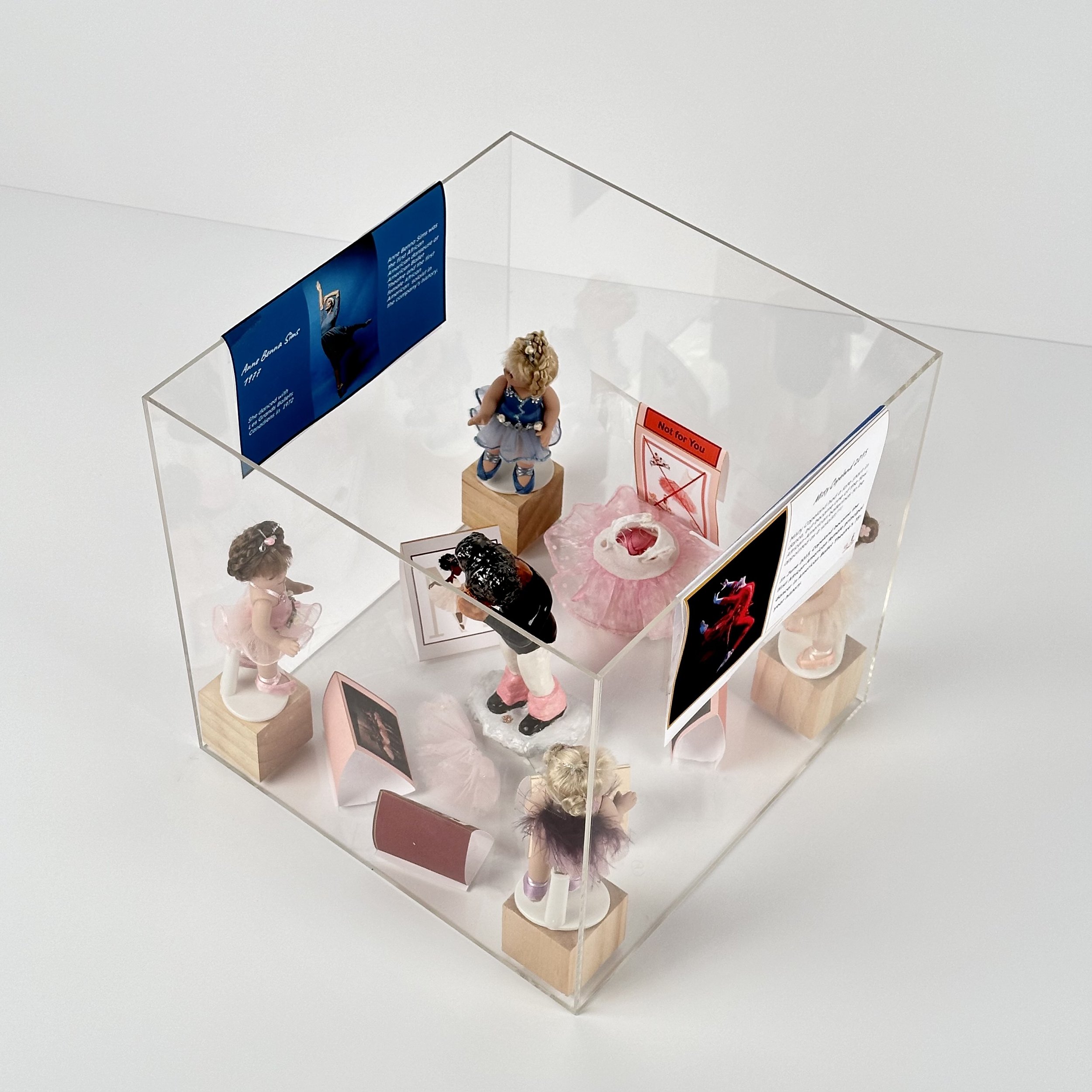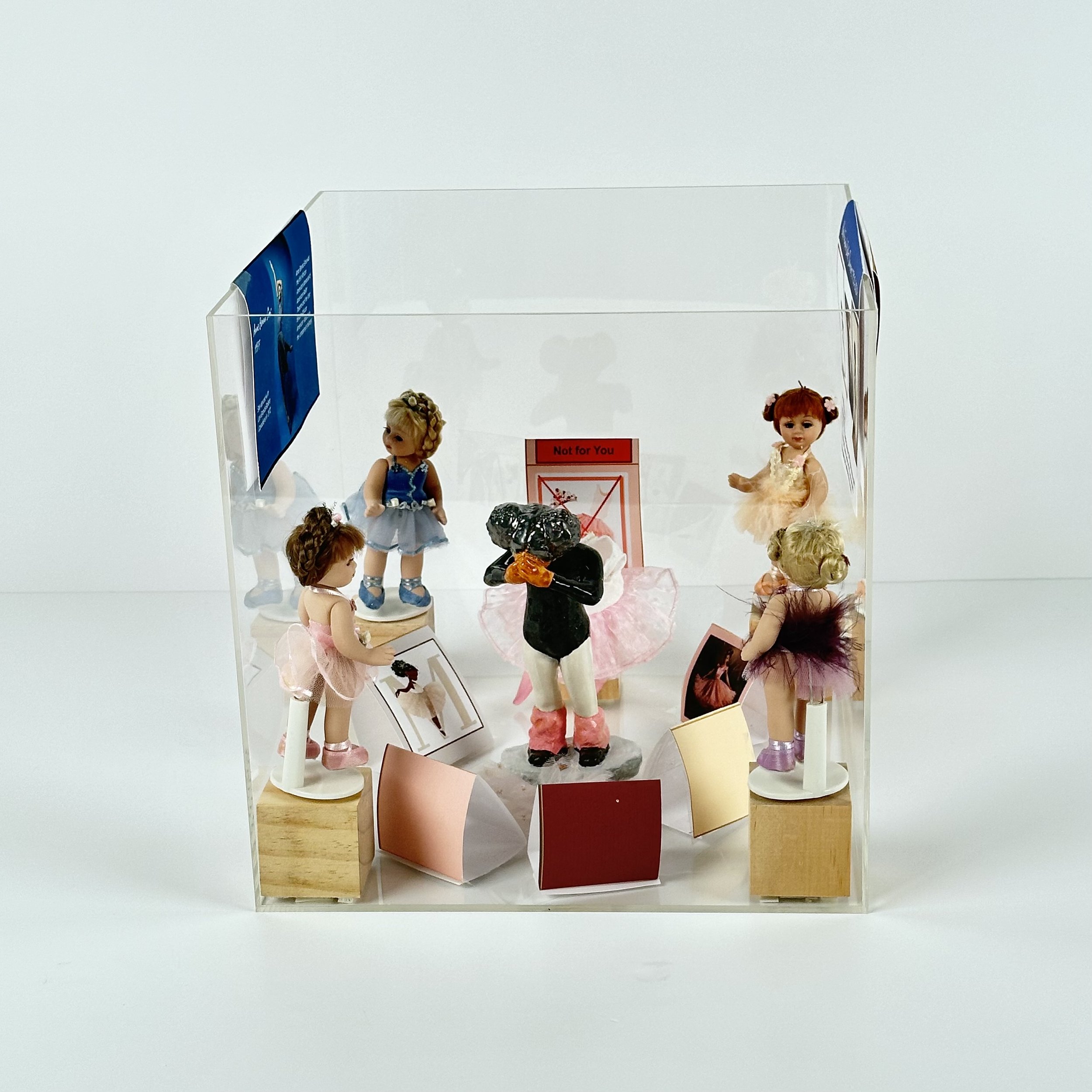



Marsha Hopkins
Little Ballerina
Age: 80
Transcript
Hi my name is Marsha Hopkins and I live in Los Angeles. I'm from a small multicultural community in the west end of Boston that was known as the happiest place this side of heaven. Most of the time I was a happy child. I had the love and support of my family and shared little girl adventures with my friends. My mother believed in a rounded education. So my sister played piano and I had ballet, which I loved, along with our normal education. At ten years old,I practiced a lot and worked hard to develop my ballet skills, always reaching for the stars. I was the only black student in my class, but I was often the only one and I was comfortable in these situations. The anticipation of the coming recital had everyone excited and eager to learn which part they would be assigned. We giggled together and discussed our choices of roles. I had visions of me in pointe shoes and a white or pink tutu rather than the black leotards we wore in class.Finally, the list of assigned roles was posted. Each girl jockeyed for a position to see her name and know her part. Little squeals of delight could be heard. The possibility of dancing the lead role in a beautiful costume created an energy that left off the bodies of the young dancers and energize the space. Well, I didn't get the leading role, nor a significant role. No tutu for me. I was to play a male character; one of the two in the piece we were performing. Few of my skills would be demonstrated in this small role. My dream of wearing a beautiful costume, dancing for family and friends, was shattered. I wasn't even allowed to be a girl. I was bewildered. The instructor often complimented my dancing. She encouraged me saying I was very talented, maybe more talented than some who were allowed to wear girl costumes and to shine during the performance. This was a moment of awakening for me. I realized that I was at the bottom looking up. The incident opened a window to the real world in the USA in 1954. My mother explained that a young black girl was not likely to be selected as the princess if a white girl was in the competition, no matter how hard she tried or how talented she was.She encouraged me by saying, "Don't give up hope. The training is valuable on so many levels, and someday you'll get to wear a tutu.” Putrefied by my mother's words, I donned the boy costume and did my best to perform the limited part and continued with my lessons. For the next year of recital, I didn't get to be a princess, but my dream of wearing a beautiful costume with a pink tutu, white tights, and pointe shoes came true. I'm happy to see that in today's world, the little black girl can sometimes be the princess, but still only sometimes.
